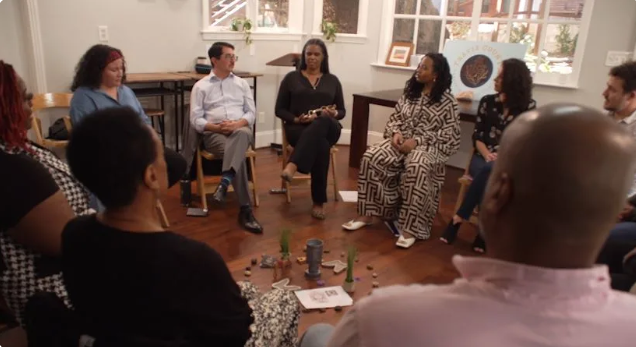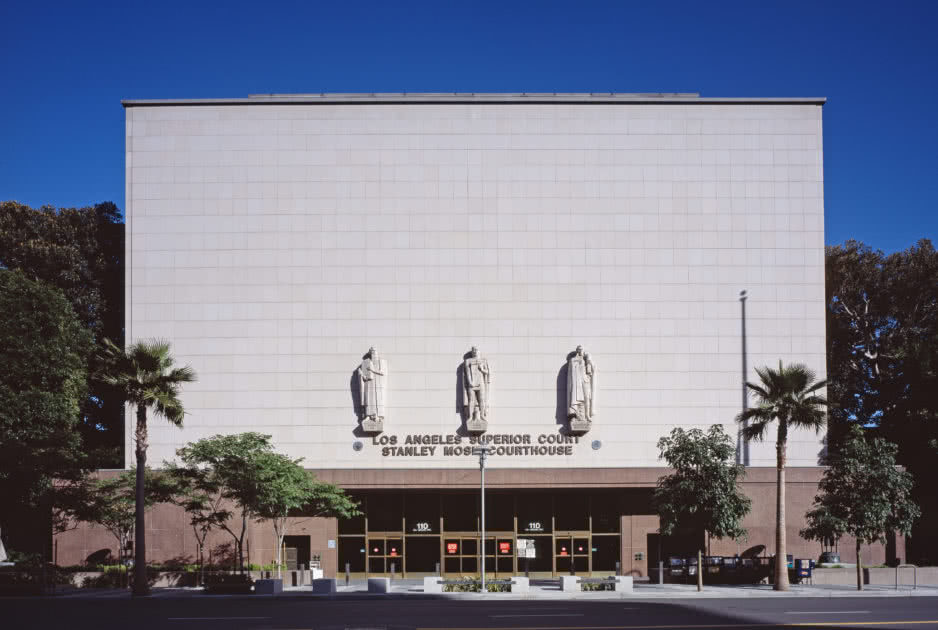In Travis County, Texas, a groundbreaking approach to youth justice is transforming lives and communities.
Led by District Attorney José Garza, this initiative marks a significant shift from punitive measures to a focus on healing and restoration. The journey began in late 2021 when Travis County partnered with FUSE, a national nonprofit, to design an innovative restorative justice pilot program. The goal was to provide youth involved in the justice system an opportunity to resolve offenses outside of detention, keeping them connected to their families and neighborhoods. To spearhead this effort, they hired Channing Neary, an experienced Austin lawyer, as a FUSE Executive Fellow.
Developing a Framework for Repairing Harm
Neary worked with stakeholders to develop a framework centered on repairing harm through collaboration. This approach brings together the youth, those directly impacted by their actions, and the wider community to collectively address the underlying causes contributing to the harmful behavior. By fostering accountability and promoting restoration, the program aims to break cycles of harm and create lasting positive change.
Empowering Communities and Elevating Marginalized Voices
A key aspect of the pilot’s design is its commitment to empowering communities and elevating the voices of those most marginalized. Recognizing that harm affects not just individuals but entire neighborhoods, the program ensures community members play an active role in the restorative process. This inclusive approach helps build trust and strengthens the fabric of the community.
Neary, now the assistant director of Youth Justice and Violence Prevention, continues to guide the program, bringing consistency and depth rooted in her understanding of the community’s needs and the justice system’s intricacies.
The Travis County Restorative Justice Project, currently in its pilot phase, focuses on 15 to 16-year-olds involved in family violence at home. Through a 10-week journey of trauma healing, skill-building, and harm repair, the program supports the personal growth of these youth while restoring their family relationships and community connections.
Launched in June 2023 with a $300,000 commitment from the DA’s office and additional private grants, the program is being closely studied by the University of Texas at Austin to measure its impact and explore future expansion.

National Recognition and Potential for Growth
Remarkably, the Travis County Transformation Project has been recognized by the U.S. Department of Health and Human Services (HHS) as one of the top 14 most innovative pilot programs for youth in the country out of over 500 applicants. The project is currently in the running for a substantial cash award to support the direct service work of the community partners for the second year of the pilot. Three team members, including District Attorney Garza, traveled to Washington, D.C., in early May to participate in the Children and Youth Resilience Summit hosted by HHS and delivered a Ted-talk-style presentation about the pilot. Awards will be announced in July 2024.
“It’s about empowering those impacted to process what happened, heal, and determine for themselves how to make things right.” – Channing Neary
Participants’ feedback affirms this restorative approach’s transformative impact at every stage. The community’s willingness to embrace this innovative model has been instrumental to its promising outcomes.
The restorative justice program in Travis County, shaped by the vision and dedication of leaders like José Garza and Channing Neary, and with support from FUSE, offers a hopeful path forward for youth justice. Prioritizing healing over punishment transforms individual lives, strengthens families, and enhances the community’s collective well-being. This program is an inspiring example of how innovative thinking and collaboration can pave the way for a more just and restorative future.



